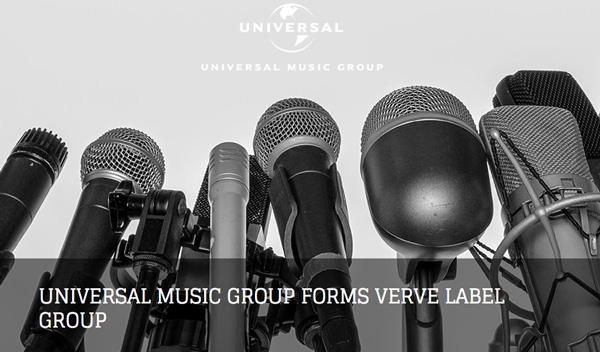| Columns Retired Columns & Blogs |
Crossover artists? The once proud & mighty DG, EMI, & London labels have been swallowed up due to dwindling sales. Aside from a handful of fine performers (Ashkenazy, Haitink, Koopman, Herreweghe, Nezet-Seguin), today's performers can't hold a candle to the Milstein's, Menuhin's, Karl Richter's and Dieskau's of the past; great musicians with a powerful aura and marketability that today's performers lack. Until new talent can be found and more money spent on marketing them no amount of "crossover artists" will save these great old labels. Still, that is my opinion, I will reserve judgement and see what Universal and Mr. Bennett bring to the table, hopefully optimistic but hopelessly realistic for my favourite genre.










































